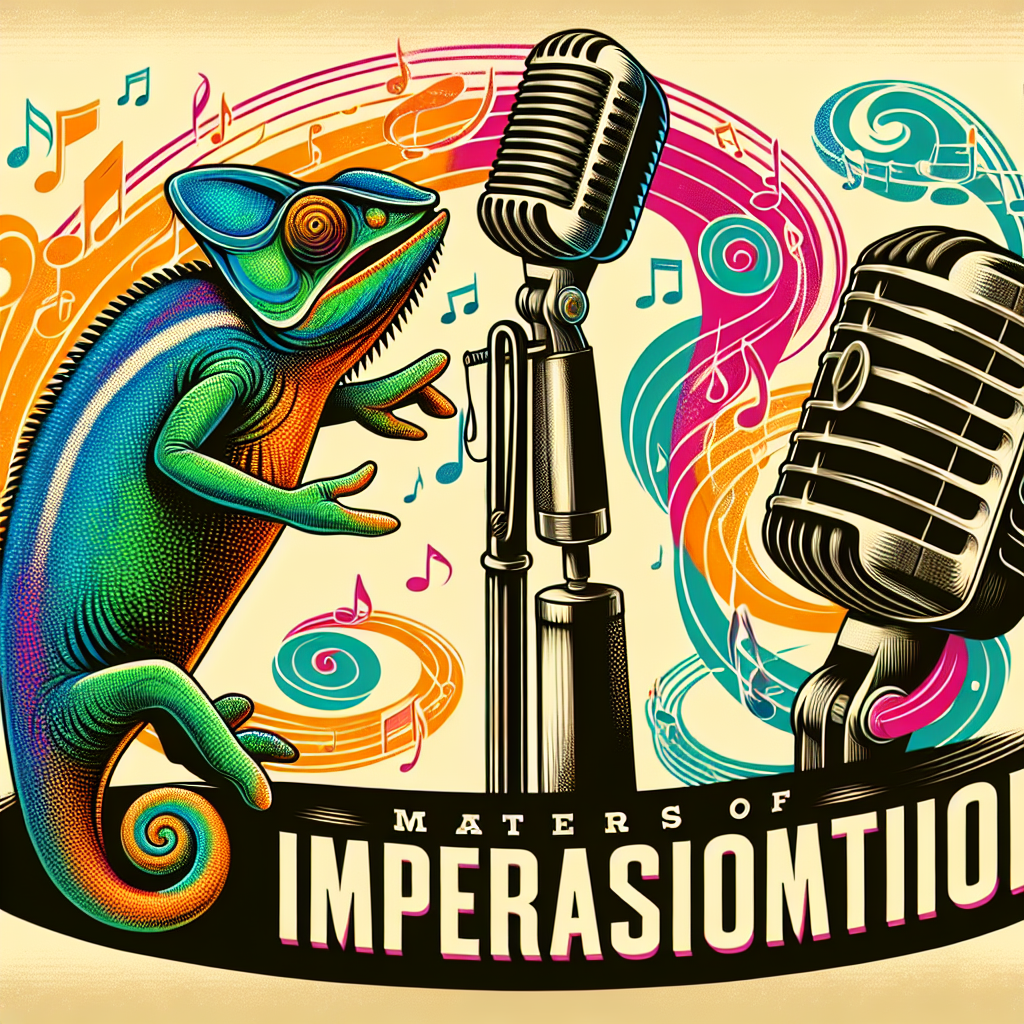The Science of Laughter: Why Stand-Up Comedy is Good for You

Table of Contents
- Table of Contents
- The Physiology of Laughter
- 1. What Happens When We Laugh?
- 2. The Health Benefits of Laughter
- External Link:
- Psychological Benefits of Laughter
- 1. Stress Relief and Mental Health
- 2. Enhancing Creativity
- Related Internal Link:
- Social Connectivity through Humor
- 1. Building Relationships
- 2. Humor in the Workplace
- External Link:
- Related Internal Link:
- Stand-Up Comedy as a Therapeutic Tool
- 1. Humor Therapy
- 2. Real-Life Applications
- Related Internal Link:
- Cultural Impact of Stand-Up Comedy
- 1. Social Commentary
- 2. Diverse Perspectives
- External Link:
- Conclusion: Laughter as Medicine
Laughter is a universal language, transcending barriers of culture, geography, and age. Stand-up comedy, in particular, has emerged as a pivotal form of entertainment, bringing joy while also serving several psychological and physiological benefits. This article delves into the science of laughter, exploring why stand-up comedy is not merely entertainment but a valuable tool for personal well-being and societal improvement.
Table of Contents
- The Physiology of Laughter
- Psychological Benefits of Laughter
- Social Connectivity through Humor
- Stand-Up Comedy as a Therapeutic Tool
- Cultural Impact of Stand-Up Comedy
- Conclusion: Laughter as Medicine
The Physiology of Laughter
1. What Happens When We Laugh?
Laughter triggers a complex biochemical response in the body. When we laugh, our brain releases a cocktail of neurochemicals, including dopamine, serotonin, and endorphins. These chemicals contribute to a sense of well-being and can even alleviate pain. According to a study published in the Journal of Pain, laughter increases pain tolerance, making it not just a form of joy but a coping mechanism.
2. The Health Benefits of Laughter
Researchers have found numerous health benefits linked to laughter, which include:
- Boosting Immunity: Laughter enhances the immune system, leading to increased levels of antibodies and immune cells.
- Reducing Stress: It lowers cortisol levels, alleviating stress and promoting relaxation.
- Improving Cardiovascular Health: The act of laughing improves blood circulation and can enhance cardiovascular function.
These physiological responses demonstrate that laughter true serves as a natural remedy for various ailments, aligning with the adage, "laughter is the best medicine."
External Link:
Psychological Benefits of Laughter
1. Stress Relief and Mental Health
Engaging in stand-up comedy or simply enjoying it can provide significant relief from stress. A study from the International Journal of Humor Research highlights that humor can help individuals reframe negative thoughts, promoting a healthier mindset. This transformative power of laughter is particularly beneficial in high-pressure environments.
2. Enhancing Creativity
Laughter can stimulate brain activity and enhance creativity. According to research published in the Journal of Personality and Social Psychology, humor engages the brain’s reward centers, fostering a positive mood that can lead to creative thinking. This is particularly advantageous for entrepreneurs and marketers who thrive on innovation.
Related Internal Link:
Social Connectivity through Humor
1. Building Relationships
Laughter fosters social connections. It acts as a bonding agent between individuals, helping to alleviate social anxiety and enhancing interpersonal relationships. Shared humor creates a sense of belonging and community, essential for both personal and professional environments.
2. Humor in the Workplace
The incorporation of humor into the workplace has been shown to improve employee morale and productivity. According to a study in the Journal of Business Communication, workplaces that encourage humor see increased job satisfaction and collaboration among employees. This environment can lead to higher retention rates and efficient teamwork.
External Link:
Related Internal Link:
Stand-Up Comedy as a Therapeutic Tool
1. Humor Therapy
Stand-up comedy is increasingly recognized as an effective therapeutic tool. Techniques such as humor therapy employ laughter to address various psychological issues, including depression and anxiety. Therapists often recommend stand-up or comedy workshops as a way to facilitate healing.
2. Real-Life Applications
Many mental health practitioners are integrating humor into their therapies. Through stand-up comedy, individuals share their life experiences, breaking down barriers and fostering a sense of community. This approach not only lightens the atmosphere but also serves as a platform for individuals to process their experiences in a humorous light.
Related Internal Link:
Cultural Impact of Stand-Up Comedy
1. Social Commentary
Stand-up comedy often serves as a mirror to society, reflecting its nuances, flaws, and absurdities. Comedians like George Carlin and Richard Pryor harnessed humor to comment on social issues, inspire conversations, and provoke thought among audiences.
2. Diverse Perspectives
The rise of diverse voices in stand-up comedy has broadened the cultural dialogue surrounding various issues, including race, gender, and identity. This evolution enriches the comedic landscape, fostering inclusivity and understanding through laughter.
External Link:
Conclusion: Laughter as Medicine
Laughter is more than just a spontaneous reaction; it is a profound means of improving our health and well-being. Stand-up comedy harnesses this universal language, offering psychological and physiological benefits while fostering social connections. In a world where stress and anxiety are prevalent, investing time in laughter through stand-up comedy can be an effective way to enhance our overall quality of life. By embracing the science of laughter, we can not only uplift ourselves but also contribute positively to the society around us.
Incorporating laughter into our daily lives can be a simple yet transformative choice—one that we should all consider making.
By exploring the science behind laughter, we gain insight into why stand-up comedy is not just an art form but a valuable resource for health and happiness. Whether through attending live shows, watching comedians online, or engaging in humor with friends, the path to well-being may very well lie in our ability to laugh together.
Latest Posts
You Might Also Like

Lorem ipsum dolor sit amet, consectetur adipiscing elit. Ut elit tellus, luctus nec ullamcorper mattis, pulvinar dapibus leo.
TOP NEWS
Copyright © 2025 FunnyShowStreaming.site | All rights reserved.



















Comments are off for this post.